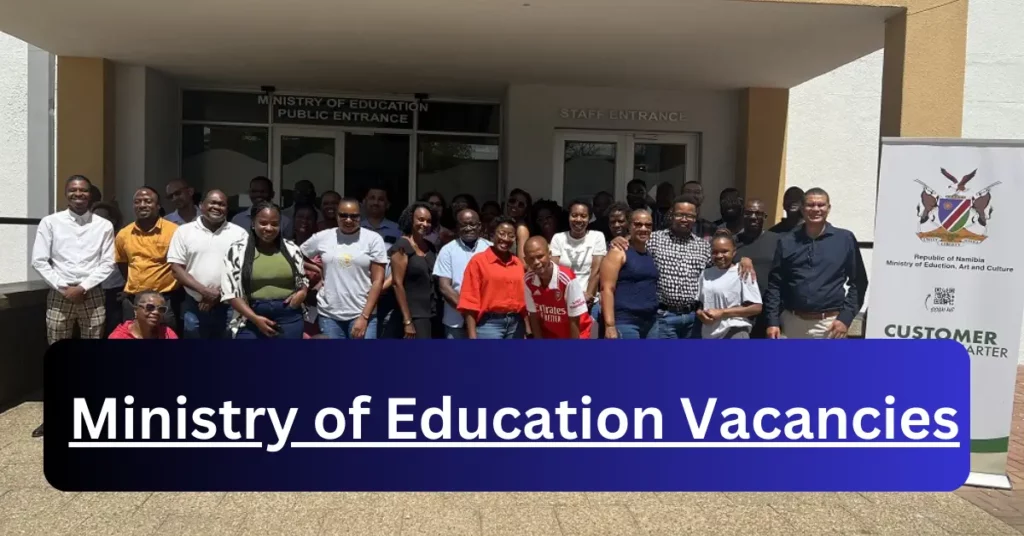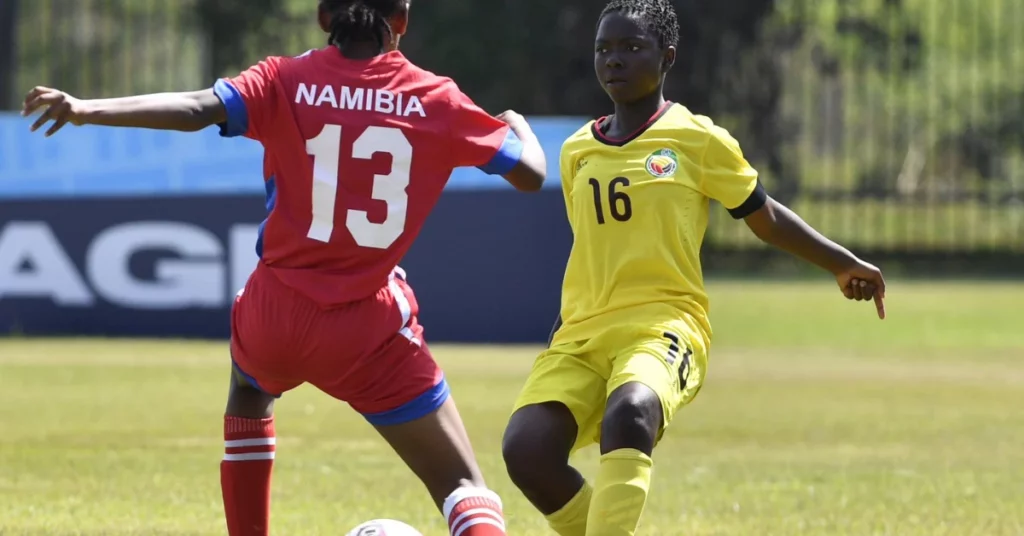Windhoek, Namibia – February 6, 2024 – Descendants of Namibian victims of German colonialism are calling for a more active role in shaping the compensation and restitution process for the genocide committed by German forces in the early 20th century.
Namibia, formerly known as German South-West Africa, witnessed a dark chapter in history between 1904 and 1908, when German colonial authorities carried out a brutal genocide against the Herero and Nama peoples. An estimated 100,000 indigenous Namibians lost their lives during this period as a result of mass killings, forced labor, and displacement.
In 2015, after years of negotiations between the Namibian and German governments, Germany officially acknowledged the genocide and issued an apology. They also committed to providing financial reparations totaling 1.1 billion euros over 30 years, aiming to support the descendants of the victims and foster development in affected communities.
However, many Namibians argue that they have not been adequately consulted on the terms of this agreement and are concerned about how the funds will be distributed. Activists and community leaders are now demanding a more inclusive and transparent process.
Evelyn Kamburona, a Herero community leader, stated, “We appreciate Germany’s acknowledgment of the genocide and their commitment to reparations, but it’s vital that we, as the descendants of the victims, have a say in how these funds are allocated. We want to ensure that the compensation benefits the communities most affected by the genocide.”
The Namibian government has also faced criticism for not involving affected communities in the negotiations more directly. Many argue that the government should prioritize the voices of those who suffered the most during the genocide.
International organizations and legal experts have supported the calls for greater community involvement in the compensation process. They emphasize that a more inclusive approach will not only help address the historical injustices but also contribute to healing and reconciliation.
German authorities have expressed willingness to engage in further discussions with Namibian communities to address their concerns and ensure a more equitable distribution of reparations.
As this important chapter in history continues to unfold, it remains to be seen how Namibian victims of German colonialism will shape the compensation process and ensure that it serves as a meaningful step towards acknowledging the past and building a better future.




